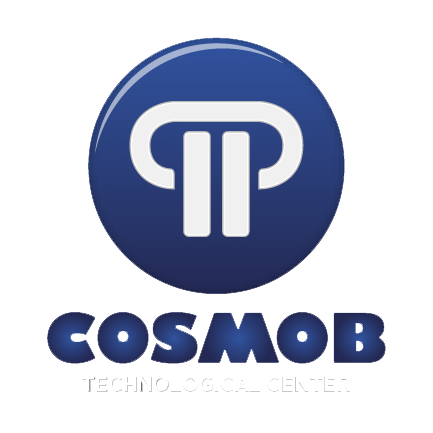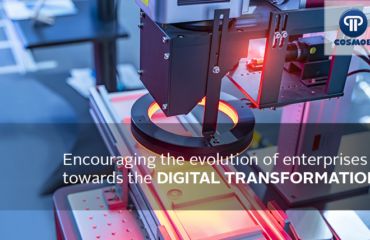The process of digitization is becoming increasingly “imposing”, influencing not only large companies but also small and medium-size ones.
Technological progress has led to the need to develop integrated approaches to data management: to date, companies in any sector can access technologies that were not widely used in the past, developing a proactive approach to the constantly evolving market, through an effective reading of company information.
In such a context, in order to face the progressive growth of the company and the diversified offer of the services, also COSMOB has implemented a process of digitization that has led to the implementation of an integrated information system unique in its sector, as specific for accredited testing laboratories dedicated to the furniture industry.
The path taken by COSMOB represents a best practice and was illustrated in a scientific article, recently published in the “International Journal of Quality and Service Sciences”, the result of the collaboration with the Department of Economics and Political Society of the University of Urbino and the ESD (Escola Superior de Design) of the Polytechnic Institute of Cávado and Ave of Barcelos in Portugal.
In fact, the implementation of the computerized system today allows to a more efficient integrated management of internal and external quality assurance, resulting in improved interactions with companies that benefit from technological services: in concrete terms, thanks to the availability of an informative database and accessible to the entire organization, has reached the optimization services offer as well as the decisional process, quantifiable in time reductions of over 70%, both for the generation of commercial offers, and especially for the processing of laboratory test results, thus ensuring a faster response to customer needs.
More generally, this new approach leads to an increasingly automated and interconnected provision of services, according to the principles of so-called “lean manufacturing“, which identifies the increased productivity of the company, the reduction of delivery times and flexibility are the main factors of digital transformation.
One of the main challenges of the immediate future is therefore to continue to promote the greater competitiveness of the manufacturing sector, through the increasing integration of digital technologies within the different business processes.
Approaching this new organizational logic is for companies a concrete opportunity to respond promptly, if not even anticipate the needs of the market, becoming increasingly competitive and proactive, in one term: SMART.
For more details and for receiving the full article CONTACT US







